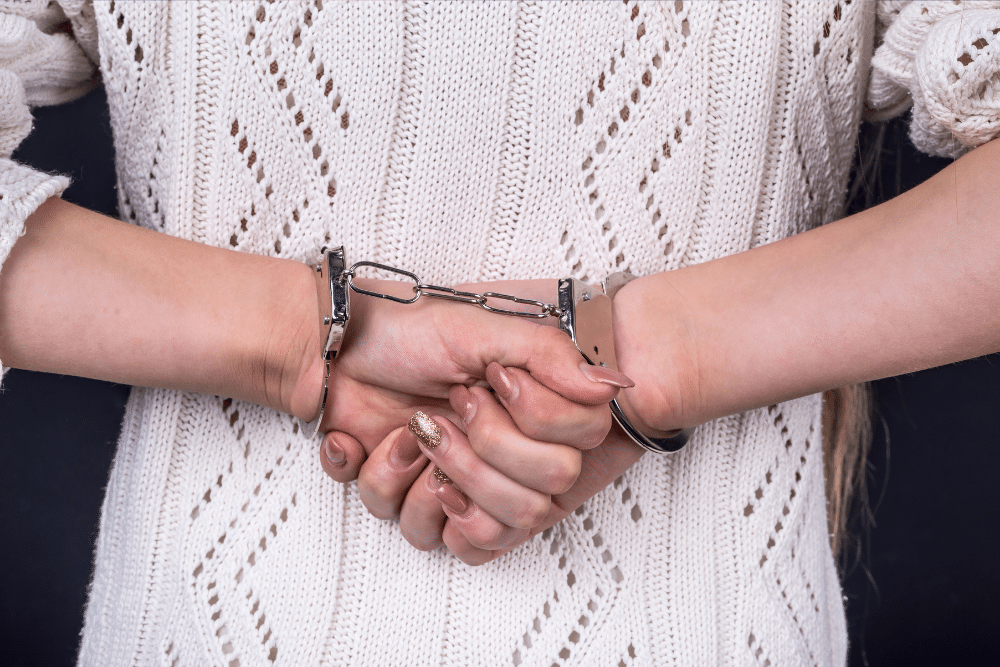IL Parents: Your Teen Can Drink with the Holiday Meal… But Take Care
Many families have traditions. In some, drinking at holidays is part of what your family has passed down from one generation to the next – as a way to celebrate.
If consuming alcohol is a part of your holiday celebrations, you may wonder if your teen is old enough to join in. That may be okay, in certain circumstances.
As a parent, it’s vital to understand what you can and cannot do if you’re going to allow your teen to partake in some bubbly at the holiday meal. After all, you need to know what is legal and what could result in criminal penalties – not only for your teen but for you, as well.
Here’s what you need to know about underage drinking in Illinois, what you can and cannot do, and what penalties can be faced if you go outside of the law.
Underage Drinking in Illinois
In general, it is illegal for someone under the age of 21 to drink alcohol in Illinois. They cannot possess or consume it. If they do, they can get charged with possession of alcohol as a minor.
There are, however, exceptions to this general drinking rule. First, a minor is allowed to consume alcohol at home under the direct permission and supervision of their guardian or parent. Second, a minor can possess, dispense, and consume alcohol if it’s during the performance of a religious ceremony.
So, it’s reasonable to let your child enjoy an adult beverage under your supervision in the privacy of your home or to take communion wine at church, but that’s where the exceptions end. And, even within those exceptions, letting your teen drive after they’ve had any amount of alcohol – whether they’re impaired or not – is illegal.
If they drink and drive, Illinois has a zero-tolerance policy. They can lose their license for drinking and driving under the influence with any amount of alcohol in their system.
Other Important Information

Rarely are teens alone. They seem to constantly be surrounded by friends. If you’re going to let your teen drink at home during the holidays, can you let their friend partake as well? The answer to that, unless their guardian or parent is also present, is a firm “no”.
If you facilitate providing alcohol to a minor child in Illinois, then it’s a crime. Specifically, it’s a Class A misdemeanor. If you serve a minor alcohol, and they leave intoxicated or die as a result of the intoxication, then it’s a Class 4 felony.
So, do not provide alcohol to a child who is not your own, no matter how cool of a parent you think you are. It’s up to the legal guardians of children to decide if their child can imbibe. If they’re not there to make that decision, then it’s not yours to make for them.
Penalties for Underage Drinking in Illinois
If anyone under the age of 21 is found in possession of alcohol, or if they have consumed it, then they can be charged with possession. This is a Class A misdemeanor in Illinois, which can result in up to 12 months in jail and fines of as much as $2,500. Plus, it creates a criminal record for a child, which could hurt their lives going forward. This is really something to think about when a minor has their entire life literally in front of them.
Anyone under 21 who obtains a fake ID in order to get alcohol also faces severe consequences, even though it is a relatively common crime. If they are caught using a fake ID, then they can be charged with a Class A misdemeanor. They may be sentenced to up to 25 hours of community service and be ordered to pay fines of up to $500.
If they are caught driving with any amount of alcohol in Illinois, they can lose their driving privileges. The first time they’re caught, their license can be suspended for up to three months. The second time, they can lose it for an entire year.

Minor DUIs
DUIs are often associated with adults, but minors can be charged with DUIs in Illinois, too. If someone under 21 is found driving over the legal limit in the state, which is a blood alcohol content of 0.08 percent or higher, then they will be charged with a DUI. However, a minor with a blood alcohol content of 0.05 percent with impairment can also be charged with a DUI in the state.
If convicted for the first time, they face up to 12 months behind bars and fines of as much as $2,500. They can also lose their license for at least two years. A second DUI means the same jail time and fines as a first offense – but a minimum mandatory jail term will be enforced, and they will lose their license for at least five years.
About the Author:
Andrew M. Weisberg is a former felony prosecutor who now serves as a defense attorney in the greater Chicago area. He has extensive experience in handling all types of criminal cases, from sex offenses and domestic violence to retail theft-related crimes, murder, and drug crimes. His work has been recognized by Avvo, Expertise, National Trial Lawyers, and others, and he has been featured on countless news outlets for his experience and knowledge in criminal law.







 Blog Home
Blog Home 










